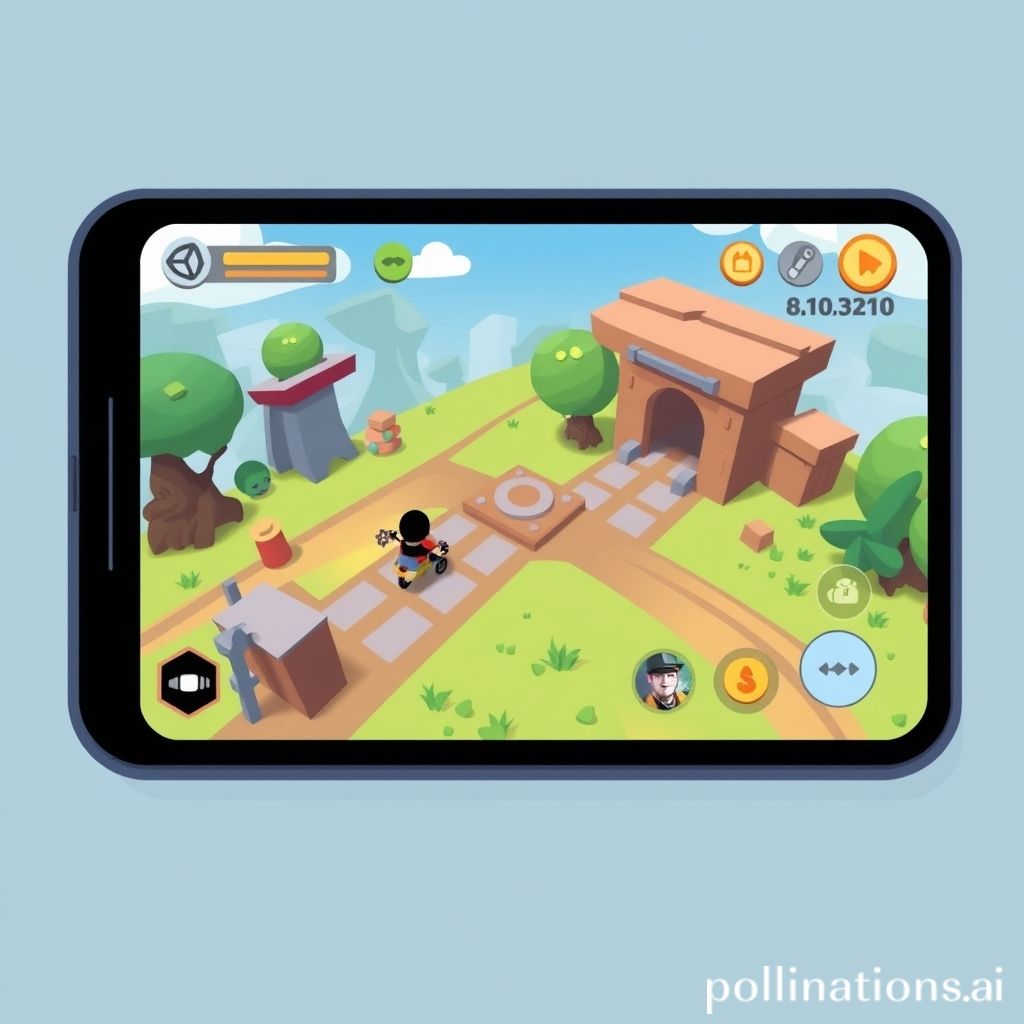
Creating Engaging Mobile Game Experiences with Unity
In the competitive world of mobile gaming, developers strive to create engaging experiences that captivate players and keep them returning for more. Unity, a versatile game development engine, offers a wide array of tools and features that help in the creation of immersive and interactive mobile games. This article explores key strategies for leveraging Unity to create compelling mobile game experiences.
Understanding Your Audience
One of the first steps in creating an engaging mobile game is understanding your target audience. Engaging experiences stem from an in-depth knowledge of player preferences, behaviors, and motivations. Here are some ways to gain insights into your audience:
- Conduct surveys and gather feedback from potential players.
- Analyze player behavior in similar games using analytics tools.
- Join gaming forums and communities to understand what players enjoy.
Focus on Game Mechanics
Game mechanics are the backbone of any gaming experience. They define how players interact with the game and can significantly influence enjoyment. When developing with Unity, consider the following:
- Ensure mechanics are intuitive and easy to learn.
- Introduce mechanics gradually to avoid overwhelming new players.
- Incorporate feedback loops, offering rewards for achievements.
High-Quality Visuals and Audio
Visuals and audio are vital components of immersion in mobile games. Unity provides powerful graphic features that allow developers to craft stunning visuals. Audio elements can significantly enhance the gaming experience as well. To harness these features:
- Use Unity’s graphical capabilities such as 2D/3D rendering, shaders, and lighting effects.
- Pay attention to character designs and environments, ensuring they are cohesive and appealing.
- Integrate sound effects and background music that enhance the mood and gameplay.
Optimizing for Performance
Mobile devices come with varying capabilities. Optimizing your game’s performance is crucial for providing a smooth experience. Unity's built-in tools can aid in optimization:
- Optimize textures and models to reduce loading times.
- Use efficient coding practices to minimize lag and crashes.
- Test on multiple devices to ensure consistent performance across platforms.
Adding Social Features
Incorporating social features can significantly enhance player engagement. Unity facilitates the integration of social elements:
- Enable sharing of achievements or progress on social media.
- Implement multiplayer modes or co-op features to encourage interaction.
- Allow players to challenge friends, boosting competitive spirit.
Iterate Based on Player Feedback
Creating a successful mobile game is an iterative process. Once your game is released, continuous improvement based on player feedback is essential:
- Encourage players to provide reviews and suggestions.
- Regularly update the game to fix bugs and introduce new content.
- Engage with the player community to build loyalty and rapport.
Conclusion
Creating engaging mobile game experiences with Unity involves understanding your audience, focusing on game mechanics, utilizing high-quality visuals and audio, optimizing for performance, adding social features, and iterating based on feedback. By implementing these strategies, developers can craft games that not only capture attention but also invite players to return and enjoy their creations.
